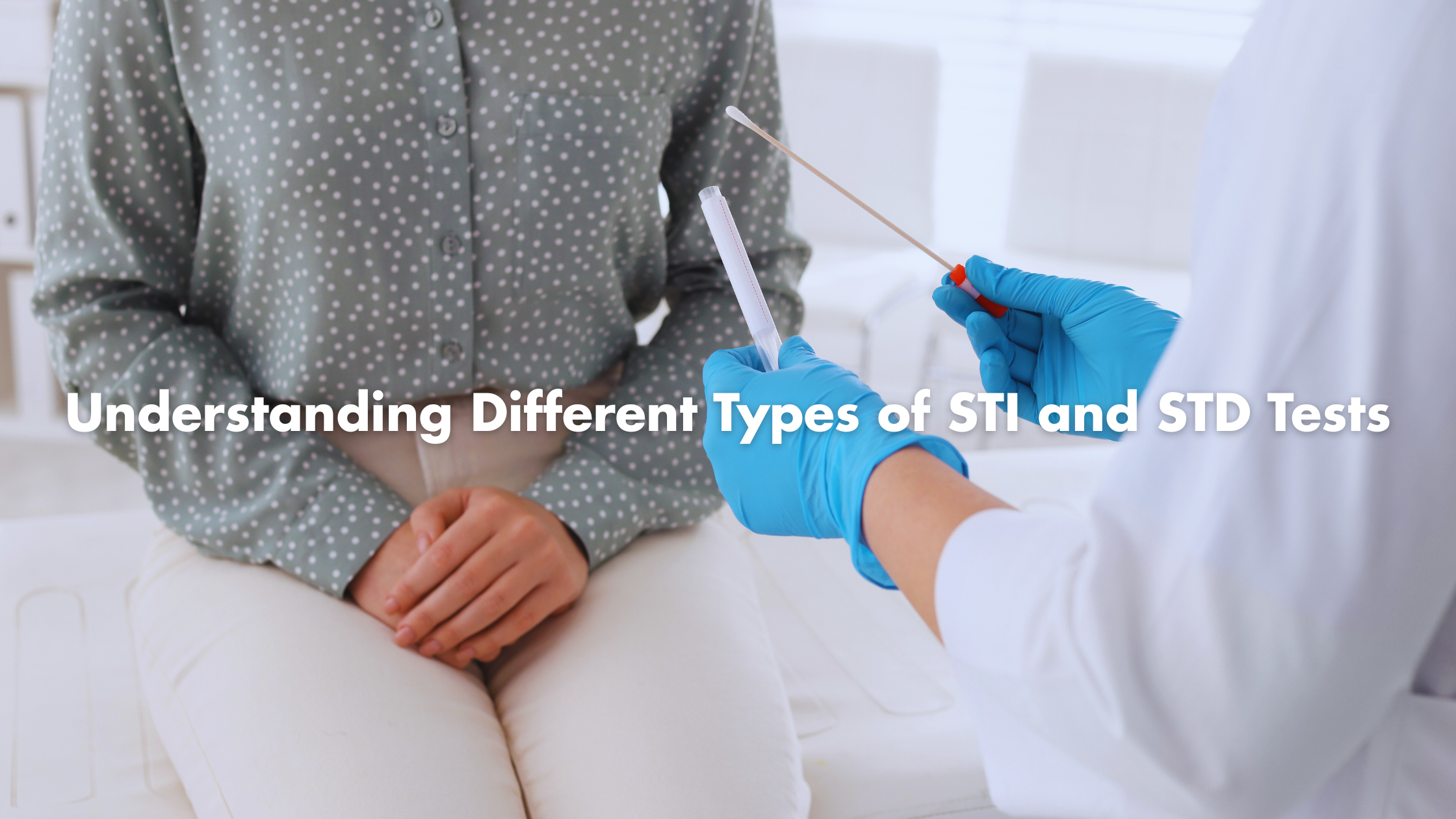Understanding Different Types of STI and STD Tests

Sexually transmitted infections (STIs), also known as sexually transmitted diseases (STDs), are a significant public health concern. Regular testing is vital for early detection, treatment, and prevention of complications. This article explores the various types of STI and STD tests available, helping you understand what to expect and why each test is important.
Types of STI/STD Tests
- Urine Tests: Commonly used for detecting infections like chlamydia and gonorrhea. You provide a urine sample, which is analyzed in a lab.
- Blood Tests: Used to test for infections like HIV, syphilis, and hepatitis. Blood samples can be taken through a simple finger prick or a venipuncture.
- Swab Tests: For infections like herpes or human papillomavirus (HPV), a healthcare provider may take a swab from the affected area (genital, oral, or anal).
- Pelvic Exams: For women, a pelvic exam may be part of the testing process, allowing for the collection of samples and a general assessment of reproductive health.
- Rapid Tests: Some clinics offer rapid testing for HIV, providing results in as little as 20 minutes.

What to Expect During Testing
- Confidentiality: STI/STD testing is typically confidential. Health professionals follow strict guidelines to protect your privacy. They adhere to HIPPA (Health Insurance Portability and Accountability Act) guidelines.
- Consultation: Before testing, you may have a consultation with a healthcare provider to discuss your sexual history, symptoms, and concerns.
- Testing Process: The testing process is usually quick and straightforward. Follow the instructions, and don’t hesitate to ask questions if you’re uncertain about anything.
- Receiving Results: Depending on the type of test, results may be available immediately or within a few days. Healthcare providers will discuss the results with you, including any necessary next steps.
- Follow-Up Care: If you test positive for an STI, your healthcare provider will discuss treatment options and next steps. They may also recommend informing sexual partners.

How Often Should You Get Tested?
- General Recommendation: The Centers for Disease Control and Prevention (CDC) recommends annual testing for sexually active individuals, especially those with multiple partners.
- Specific Situations: If you have new partners, engage in unprotected sex, or experience symptoms, consider getting tested more frequently.
In Conclusion:
STI/STD testing is a vital aspect of maintaining sexual health and overall well-being. Individuals can protect themselves and their partners from potential infections by staying informed and proactive about testing. Open communication about sexual health and regular check-ups contribute to healthier relationships and communities. If you have questions or concerns about STI testing, don’t hesitate to reach out to a healthcare provider for guidance. Your health is worth it!
Also Read: Different Birth Control Options for You

